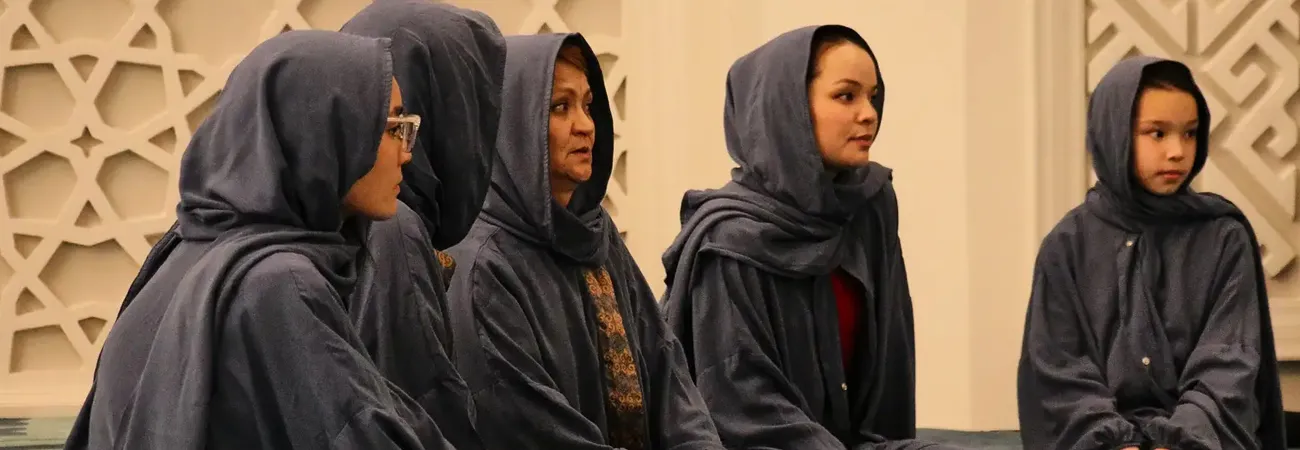i NEWS INTERNATIONAL
The Kazakhstan government has decided to ban the hijab headscarf for students and teachers in schools. They argue that this is necessary to maintain a secular state. However, this decision has caused strong reactions within the country. The ban on hijabs in schools has led to a debate in Kazakhstan. The government argues that this rule is important to maintain a secular state. According to official statistics, nearly 70% of the population in Kazakhstan practices Islam. Supporters of the ban say that Kazakhstan should not favour any particular religion since it is a secular country.
On the other hand, many people oppose this ban, claiming it infringes on freedom of conscience. Some have even taken extreme measures to protest. For instance, in one region, around 150 girls have dropped out of school since September in response to the ban. In another area, two men attacked a school director because she didn't allow girls wearing hijabs to attend classes. Kazakh President Kassym-Jomart Tokayev defended the ban while emphasizing that Kazakhstan is and will remain a secular state.
He stated that schools are places for gaining knowledge while religious beliefs are personal matters. He believes children should decide on their religious beliefs when they grow up. In response to the ban, some schoolgirls have organized protests on social media. They are burning their schoolbooks and demanding the right to wear the hijab. They argue that they won't trade their hijab for anything.
Prominent women have joined the protest, sharing photos of themselves wearing hijabs on social networks. One opponent of the ban argued that it is illegal, stressing that the hijab is a headscarf that girls in Kazakhstan have worn since the age of 13. She believes it does not have a religious connotation. She also noted that the law guarantees the right to education and the ban prevents Muslim girls from participating in secular life.
She suggested that only full-coverage clothing like the niqab, veil, and burqa should be banned, as they prevent personal identification. To address this issue, the Spiritual Administration of Muslims of Kazakhstan has suggested that girls who wish to wear hijabs should attend madrasas (Muslim educational institutions) from the 10th grade onward. This idea is seen as a possible solution to allow girls to wear the hijab while also receiving an education. The ban applies to all educational institutions in Kazakhstan, and so far, the authorities have not objected to this suggestion.
Credit: Independent News Pakistan (INP)









